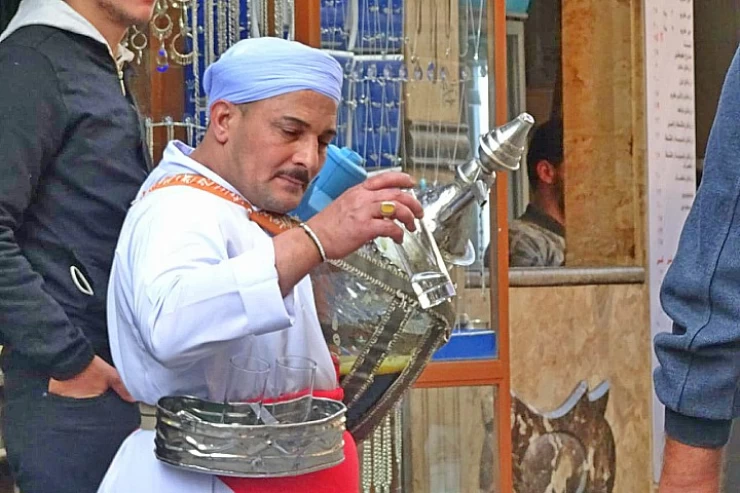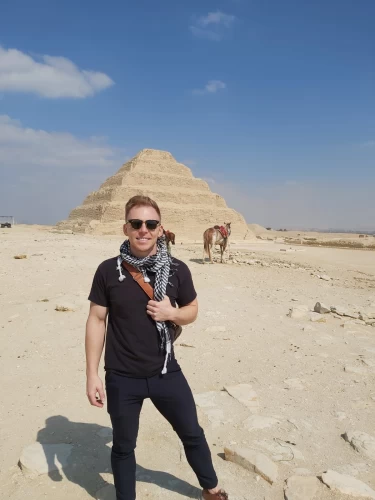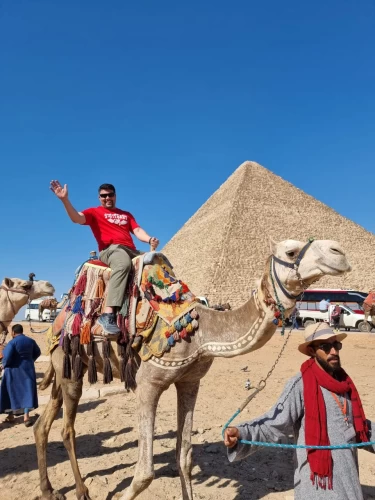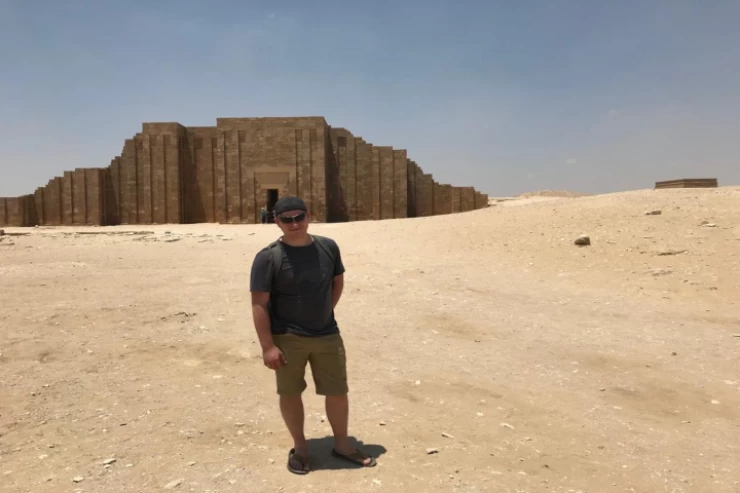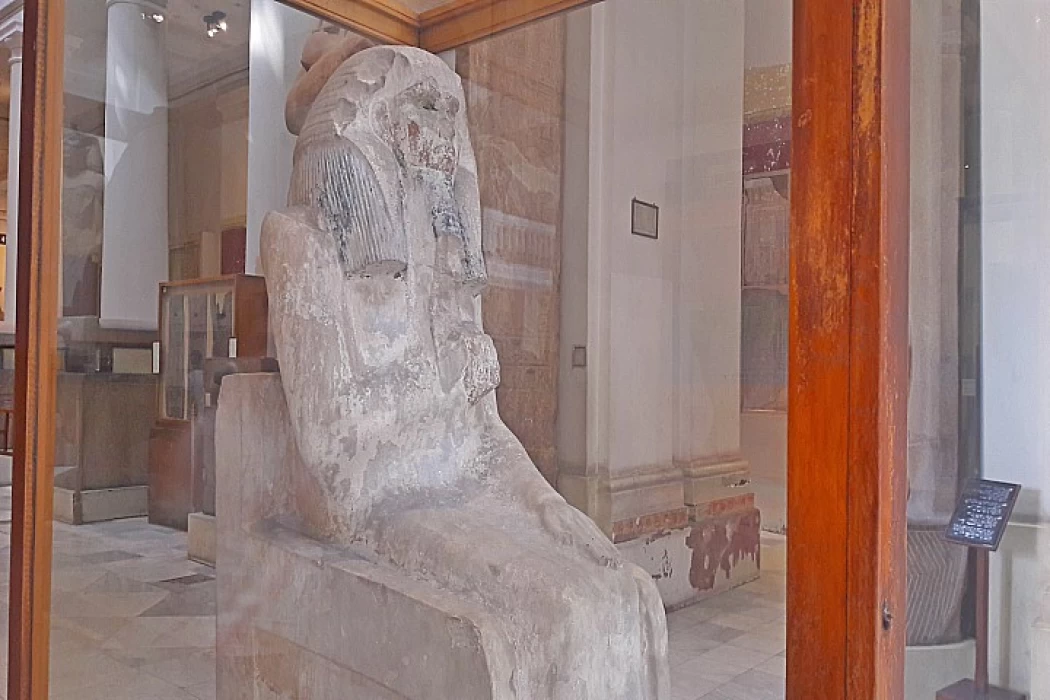
King Djoser | King Zoser | Step Pyramid King
King Zoser
King Djoser (Netjerkhet). is the second king of the third dynasty. Under his reign, Egypt consolidated its unity. Djoser's name was also found in a long inscription carved on a rock near Aswan as a testament to the unity of the two lands of Upper and Lower Egypt. Djoser reigned, according to Manetho, for 29 prosperous years.
He is considered by some to be the founder of the third ruling family during the old kingdom, but more recent lists put the pharaoh Sanakht before as his reign is really uncertain. However, King Djoser is certainly very important, so much so that in the Royal Canon of Turin his name is written in red.
During the first years of his reign, Djoser transferred the government from Tanis to Memphis which became the capital of the two kingdoms and took the priestly power (the solar cult of Amun Ra became the cult of the king). Know more about ancient Egyptian religion and the gods of ancient Egypt!
His Step Pyramid, built by the High Priest and architect Imhotep can be considered the oldest stone construction in the world. It was constructed for the Pharaoh Djoser and is the first known pyramid of its kind. It is situated in Saqqara, Egypt.
With the help of Imhotep, King Djoser erected a funerary complex at Ṣaqqara, outside the royal capital, Memphis (southwest of modern Cairo). 200 years preceding the three famous pyramids that people see first during the tour of the Giza Pyramids.
You can see the pyramid of King Zoser during the Pyramids Tour from Cairo Airport. Upon your arrival in Egypt, Cairo Top Tours will take care of your visit to the land of the Pharaohs with our highly qualified guides specialized in Egyptology.
Highlights of King Djoser’s Reign:
Architectural Innovations:
- Djoser is credited with commissioning the world’s first large-scale stone structure, the Step Pyramid, designed by his brilliant vizier and architect, Imhotep.
- The pyramid complex includes courtyards, temples, and ceremonial structures, setting the foundation for later pyramid-building traditions.
Cultural and Religious Advancements:
- His reign marked significant progress in religious practices, with the Step Pyramid serving as a grand burial site and a tribute to the gods.
- The complex reflects Egypt's belief in the afterlife and Djoser's role as a divine ruler.
Economic and Political Stability:
- Djoser's rule was characterized by economic prosperity and centralization of power, enabling grand construction projects and advancements in administration.
King Djoser (Netjerkhet). is the second king of the third dynasty. Under his reign, Egypt consolidated its unity. Djoser's name was also found in a long inscription carved on a rock near Aswan as a testament to the unity of the two lands of Upper and Lower Egypt. Djoser reigned, according to Manetho, for 29 prosperous years.
He is considered by some to be the founder of the third ruling family during the old kingdom, but more recent lists put the pharaoh Sanakht before as his reign is really uncertain. However, King Djoser is certainly very important, so much so that in the Royal Canon of Turin his name is written in red.
During the first years of his reign, Djoser transferred the government from Tanis to Memphis which became the capital of the two kingdoms and took the priestly power (the solar cult of Amun Ra became the cult of the king). Know more about ancient Egyptian religion and the gods of ancient Egypt!
His Step Pyramid, built by the High Priest and architect Imhotep can be considered the oldest stone construction in the world. It was constructed for the Pharaoh Djoser and is the first known pyramid of its kind. It is situated in Saqqara, Egypt.
With the help of Imhotep, King Djoser erected a funerary complex at Ṣaqqara, outside the royal capital, Memphis (southwest of modern Cairo). 200 years preceding the three famous pyramids that people see first during the tour of the Giza Pyramids.







